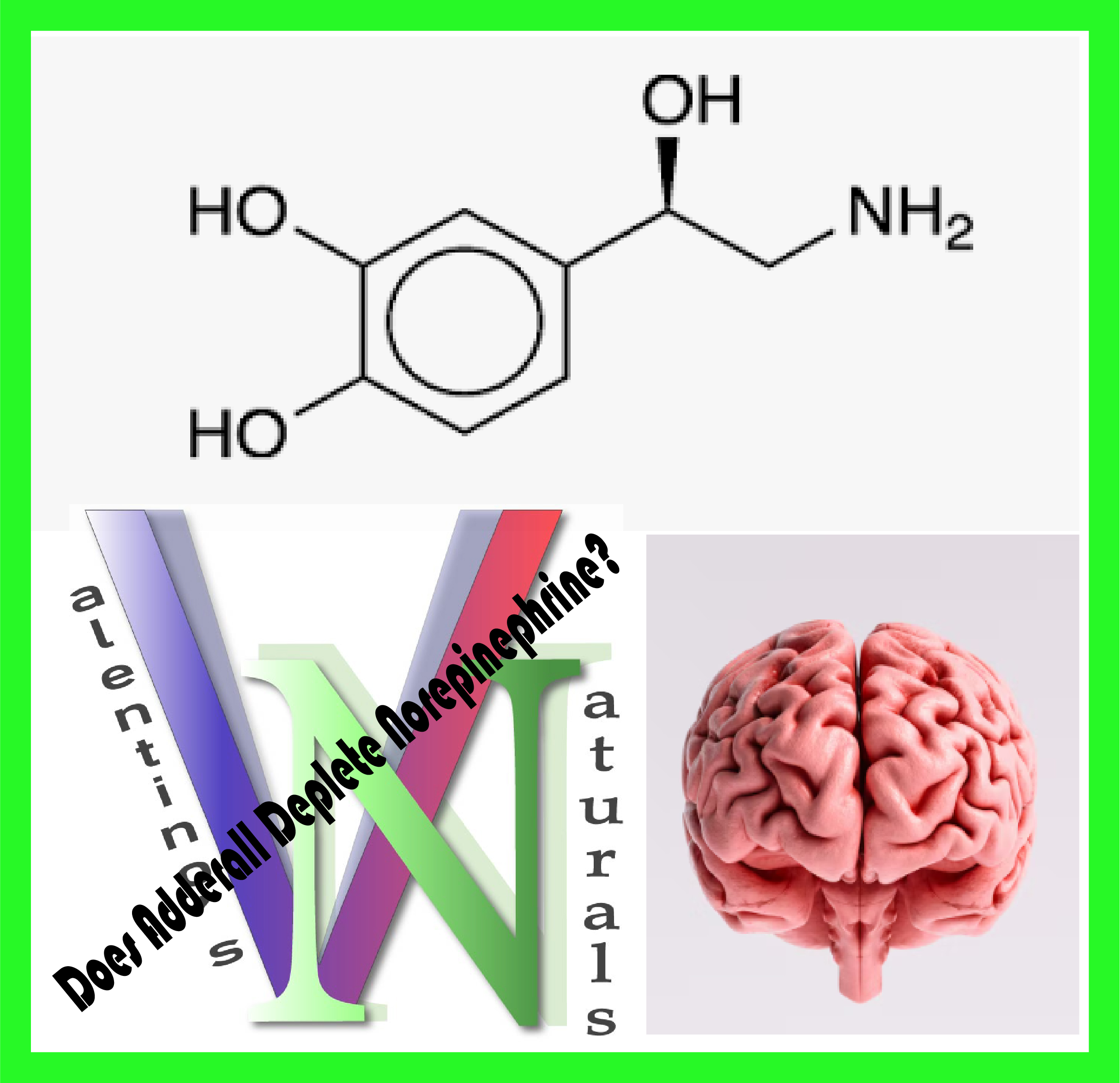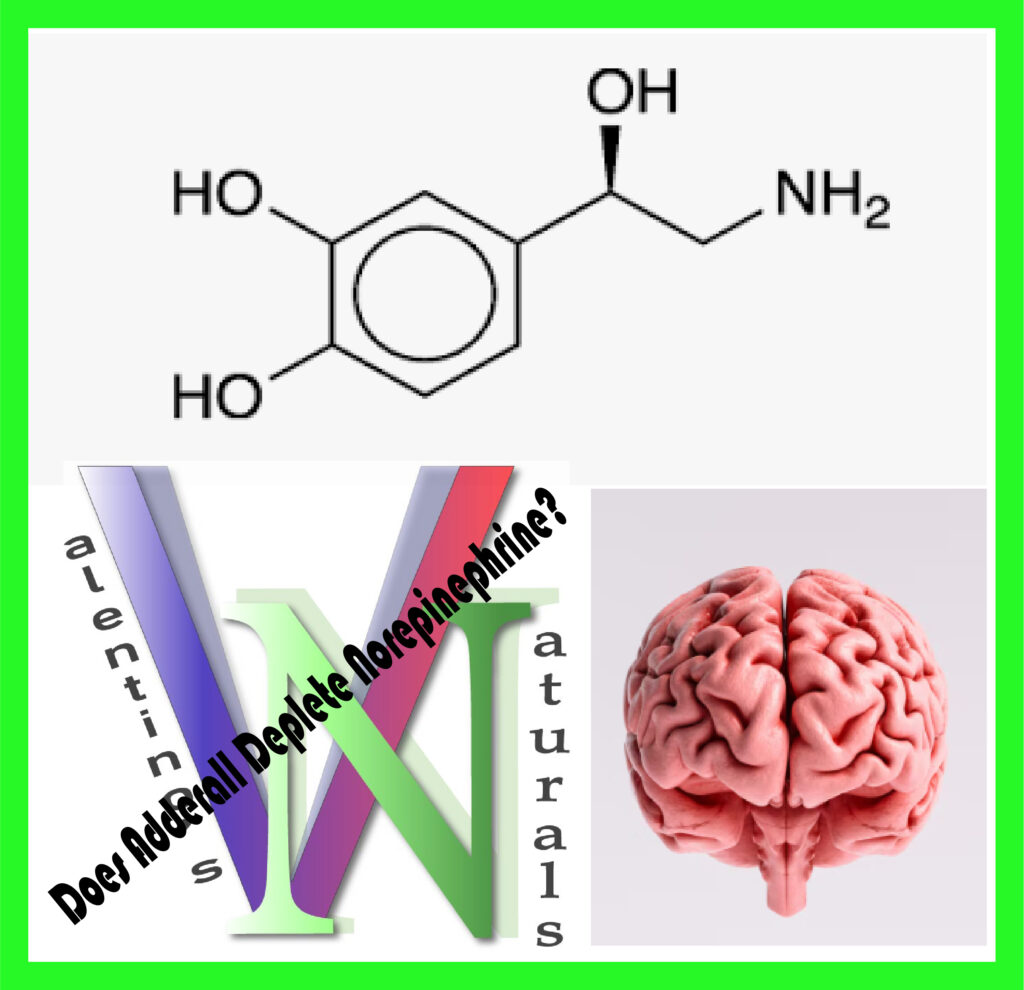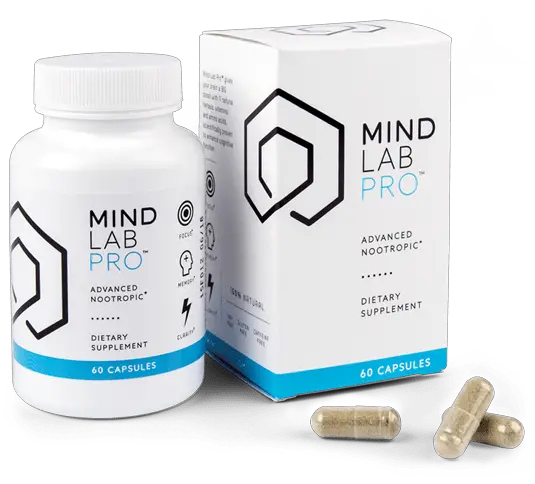We constantly hear that norepinephrine gives us the feelings of joy and pleasure, but we know so little about how it works.
Norepinephrine is a neurotransmitter for wakefulness and quick decision making.
It is activated during stress and in extreme situations, it is involved in the “fight or flight” reaction.
Norepinephrine causes a surge of energy, reduces the feeling of fear, increases the level of aggression.
At the somatic level, under the influence of norepinephrine, the heartbeat quickens and blood pressure rises.
Norepinephrine is the favorite mediator of surfers, snowboarders, motorcyclists and other extreme sports enthusiasts, as well as their counterparts in casinos and gaming clubs – the brain does not distinguish between real events and imaginary ones, therefore the life-safe risk of losing one’s fortune in cards is enough to activate norepinephrine .
A high level of norepinephrine leads to a decrease in vision and analytical abilities, and a lack of it leads to boredom and apathy.
The SLC6A2 gene encodes the norepinephrine transporter protein.
It ensures the reuptake of norepinephrine into the presynaptic membrane.
How long norepinephrine will act in the human body depends on its work, after it has successfully coped with a dangerous situation.
Mutations in this gene can cause attention deficit disorder (ADHD).
Are you looking for the best SAFEST nootropic supplement what normalizes blood pressure, improves memory and does not cause an addiction?
As for me, Mind Lab Pro is the best option available right now.
With Mind Lab Pro you will get higher-quality ingredients and a cheaper price and almost no side effects. The most important is that you do not need to consult with a doctor because all the ingredients are fully checked.
What Are Norepinephrine Function?
Norepinephrine is the main mediator of the sympathetic nervous system – that part of the brain and nerve fibers that control our internal organs during stress, physical and emotional stress, and energy expenditure.
Standing out in sympathetic synapses, norepinephrine enhances the work of the heart, constricts most of the vessels.
It also expands the bronchi (so that we breathe better), slows down the gastrointestinal tract (not the time to waste resources on digesting food), and so on.
Where Do Neurons That Produce Norepinephrine Locate?
In the brain, neurons that produce norepinephrine as a transmitter (noradrenergic) are located in the locus coeruleus, a small area in the upper anterior part of the pons.
There are only a few million nerve cells in the locus coeruleus, but their axons form an extremely wide network of branches.
As a result, the corresponding synapses can be found in various parts of the central nervous system (CNS) – from the spinal cord to the telencephalon, including in the cerebellar cortex and cerebral hemispheres (moreover, both alpha- and beta-adrenergic receptors are present in the CNS).
Does Adderall Deplete Norepinephrine?
Adderall is a brand name for a combination of dextroamphetamine and amphetamine.
It is a prescription drug primarily used to treat ADHD or narcolepsy (daytime sleepiness).
Adderall alters some of the natural chemicals in your brain, including increasing the action of neurotransmitters such as dopamine and norepinephrine.
For ADHD, Adderall is designed to improve hyperactivity, impulsive behavior, and attention span. According to the Cleveland Clinic, stimulants like Adderall improve ADHD symptoms in 70 to 80 percent of children and 70 percent of adults.
The benefits can be even greater when used in conjunction with behavioral therapy.
Adderall is available in the form of extended release tablets or capsules.
It can interfere with sleep, so it should be taken in the morning.
Your doctor will likely start with a low dose to make sure you can tolerate it. Then the dose can be slowly increased.

What Neurotransmitter Does Adderall Deplete?
When Adderall is given and taken as directed, Adderall’s action on the central nervous system may provide some beneficial effects. You can be more alert during the day, as well as become more focused and calm…
But, Adderall possible side effects include abdominal pain, blurred vision, bruxism, sweating, dry mouth, loss of appetite, nausea, decreased seizure threshold, tics, and weight loss.
Adderall stimulates the middle respiratory centers, increasing the rate of breathing and deepening the breath.
It also turns out that Adderall inhibits the reuptake of neurotransmitters such as serotonin and norepinephrine.
And they, in turn, act directly on the appetite, eliminating it.
Indeed, it looks like a drug – somewhere I read that this is how the ecstasy pill works.
Not surprisingly, Adderall is under the special attention of the relevant services.
If a pharmacy sells it to you without a prescription, this is a violation that may entail an administrative penalty and deprivation of the pharmacy license.
In my case, in a couple of months, my amazing endurance at dance rehearsals was replaced by weakness and tachycardia. I had to stop often to catch my breath, and even the coach noticed that my hands were shaking.
And after eating, and in clothes, I could stand on the scales and be proud of myself, but the complexion left much to be desired due to sleepless nights.
People asked if everything was okay with my health.
And the most unpleasant thing is that I stopped feeling my body.
Am I eating enough or too much? Did I really get enough sleep by five in the morning, or was I awakened by agitated nerves?
Final Words
Norepinephrine and epinephrine are easy to confuse: similar names and chemical formulas, both are associated with stress and arousal, both are found in the adrenal glands.
However, epinephrine is a hormone, and norepinephrine primarily functions as a neurotransmitter in the nervous system.
As for Adderall and its function for increasing norepinephrine I am personally against such a rough introduction into the psyche.
This is an overexcitation of the nervous system, a peculiar form of mania.
Adderall constantly spurs you to activity, energy expenditure.
The result is physical and mental exhaustion.
FAQ
Does Adderall Raise Norepinephrine?
Yes, Adderall is a type of drug that stimulates the central nervous system.
Adderall alters some of the natural chemicals in your brain, including increasing the action of neurotransmitters such as dopamine and norepinephrine.
How Does Norepinephrine Affect the Human Body?
Standing out in sympathetic synapses, norepinephrine enhances the work of the heart, constricts most of the vessels.
It also expands the bronchi (so that we breathe better), slows down the gastrointestinal tract (not the time to waste resources on digesting food), and so on.
Which Organ Secretes Norepinephrine?
Norepinephrine – is a catecholamine, which is produced mainly by cells of the adrenal medulla and the sympathetic nervous system. Its secretion and release into the blood are enhanced by stress, bleeding, hard physical work and other situations that require a quick restructuring of the body.
Which is Stronger Adrenaline or Norepinephrine?
Norepinephrine is a neurotransmitter that provides chemical transmission of nerve impulses in the synapses of the nervous system. As a hormone, norepinephrine is stronger than adrenaline, constricts blood vessels and has a pronounced cardiotropic effect, but to a lesser extent affects metabolism.




